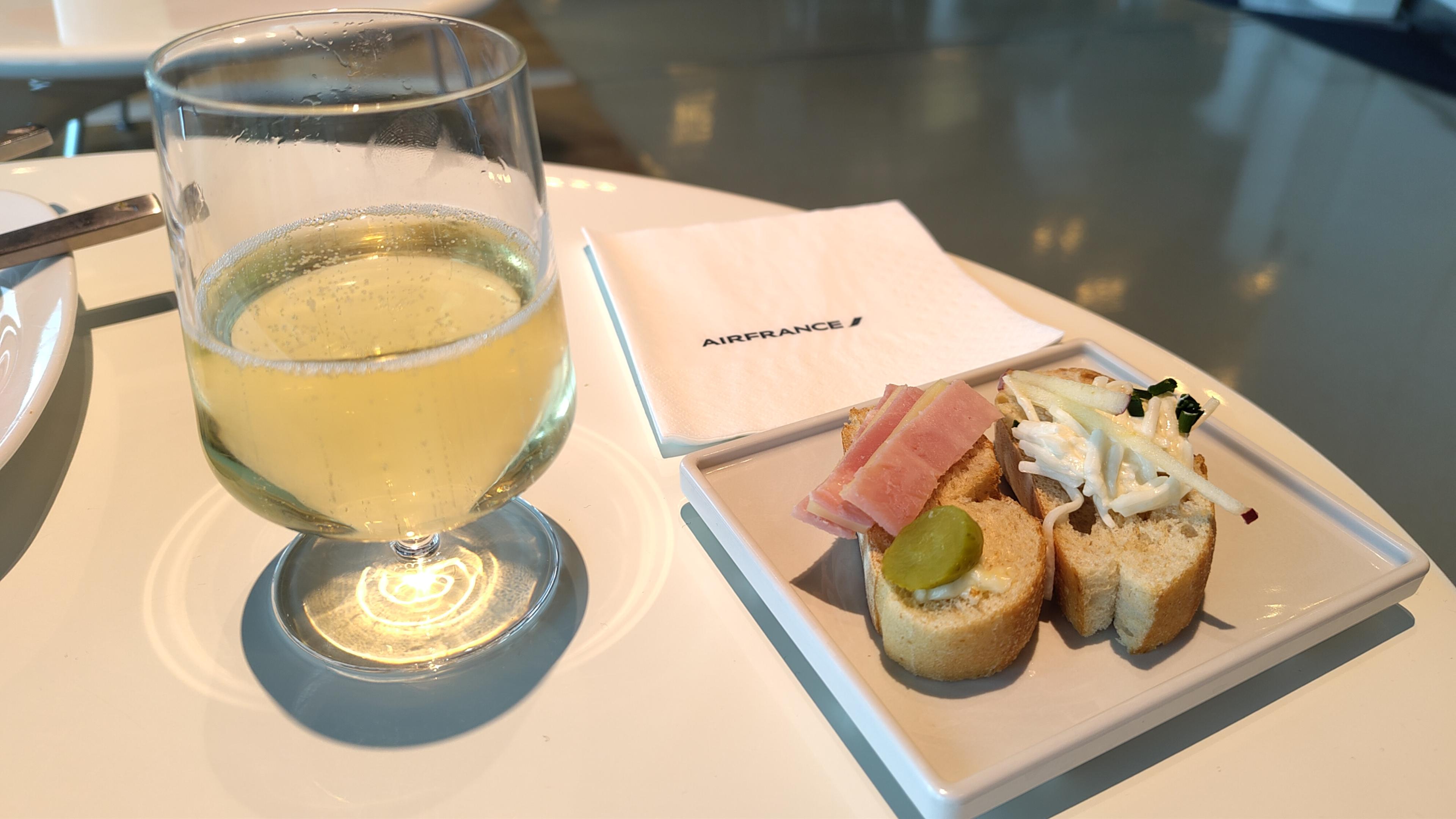PHP 7.2's "switch" optimisations
PHP 7.2 is around the corner soon, and comes with many optimisations. Many new optimisations are implemented in opcache, but some others are implemented in PHP itself. One optimisation that falls in the latter category is an optimisation of the switch/case construct.
Before PHP 7.2, PHP considers each case statement in order. Let's say we have the following (trivial code):
<?php
$cc = "no";
switch ( $cc )
{
case 'de': echo "DEUTSCH"; break;
case 'en': echo "English"; break;
case 'nl': echo "Nederlands"; break;
case 'no': echo "Norsk"; break;
default:
echo "unknown"; break;
}
?>
The PHP interpreter approaches the executing of this switch/case structure as if it was written like:
<?php
$cc = "no";
if ($cc == 'de') {
echo "DEUTSCH";
} else if ($cc == 'en') {
echo "English";
} else if ($cc == 'nl') {
echo "Nederlands";
} else if ($cc == 'no') {
echo "Norsk";
} else {
echo "unknown"; break;
}
?>
Yup, it really compares $cc variable to each case statement one by one. Which means that if your most commonly used switch case is further down the list, you end up wasting valuable CPU code.
With vld we can represent this in a graph. For each case statement, the graph shows that the interpreter can either go left or right, just as it was executing multiple if statements in sequence:

PHP 7.2 introduces an optimisation that converts this sequence of if statements into a jump table if all the case statements are either integers or strings. If we look at the pseudo code (PHP does not support variable labels with goto), we get something like:
<?php
$cc = "no";
$_table = [ "de" => 1, "en" => 2, "nl" => 3, "no" => 4 ];
if (gettype($cc) == 'string') {
if (array_key_exists($cc, $_table)) {
goto "jmp_{$_table[$cc]}";
} else {
goto jmp_default;
}
} else {
/* do original if/else if/else sequence */
}
jmp_1: echo "DEUTSCH"; goto end;
jmp_2: echo "English"; goto end;
jmp_3: echo "Nederlands"; goto end;
jmp_4: echo "Norsk"; goto end;
jmp_default: echo "unknown";
end:
?>
This example shows that as long as $cc is a string, it will use the jump table $_table to jump (with goto) to the immediate code representing the case statement. If $cc is not a string, it will have to do the usual if/else if/else dance. In this case, it will eventually end up on the default case.
Looking at the graph generated by vld for this optimised construct, we see this new structure as well:

Especially with big switch/case structures this is a welcome optimisation!
However…
Xdebug implements code coverage gathering functionality. This can be used with PHP_CodeCoverage to see which parts of your code, which branches, and which paths are covered while executing your tests. In order for Xdebug to figure out the branches and paths, it has to follow PHP's internal opcode structures to see where jump instructions happen. I had to add support for this new switch/case optimisation to make this work again. This has now been done, and is part of Xdebug's master branch. This branch will soon become the first beta release of Xdebug 2.6 which will provide support for PHP 7.2.
Comments
The goto jmp_5; → jmp_5; is not defined
Thank you for sharing. Quite interesting - even for those in older versions of PHP!
That`s nice to know. I will keep that in mind. Thanks for sharing with us!
- Is it strict ? eg switch($num) {
-
case 1: echo 'its a num'; break; case '1': echo 'its a string': break;
}
Yes, it is strict. If there are mixed types in case statements, it won't create a jump table at all, and fall back to the original PHP 7.1 behaviour.
Life Line
Fixed building type
Fixed addresses and building type
Updated a bus_stop, a waste_basket, and a bench
Created 2 waste_baskets; Updated 2 bus_stops and a crossing; Confirmed a dry_cleaning shop
Merge branch 'v2022'
Update data to 2026a
Sigh, the AI Slop has now come for the PHP project.
I had this little Black-capped Chickadee eating out of my hand earlier on a lovely 8k walk with @dseguy and @DaveLiddament in the snow at the back end of @ConFooCa .
Thanks Canada!
Updated a restaurant
Created a ticket shop, a bench, and a toilet
Created a picnic_table; Updated a viewpoint
Updated a shelter
I hiked 9.3km in 3h12m03s
Updated 3 restaurants
I walked 3.1km in 29m25s
I walked 4.4km in 45m01s
I walked 5.4km in 55m28s
Updated a restaurant; Confirmed a hotel
I walked 6.3km in 1h12m59s
Paraphrasing opening keynote speaker at ConFoo: "Should we go back to the waterfall method of writing massive specs upfront to feed to AI coding agents?"
I walked 1.6km in 17m29s
I walked 2.1km in 17m44s
Updated a pub
I walked 2.6km in 26m41s





Shortlink
This article has a short URL available: https://drck.me/php72switch-dgj